With Monster Hunter Wilds just a few weeks away, Capcom has released a PC benchmark on Steam to help players check if their systems are ready for the game. Alongside the benchmark, Capcom has also lowered the official PC system requirements, making it more accessible for a wider range of hardware.
The PC benchmark, now live on Steam, requires a brief shader compilation upon loading but is otherwise straightforward to use. It's a smart move to run this tool, especially if you're curious about how the new system requirements might impact your gaming experience.
Previously, to achieve 1080p resolution at 60 frames per second (with Frame Generation enabled), the game required an Nvidia GeForce RTX 2070 Super, NVIDIA GeForce RTX 4060, or AMD Radeon RX 6700XT graphics card; an Intel Core i5-11600K, Intel Core i5-12400, AMD Ryzen 5 3600X, or AMD Ryzen 5 5500 CPU; and 16 GB of RAM.
However, an updated page accompanying the benchmark shows that Capcom has adjusted these requirements downward. The new Recommended settings for 1080p (FHD) at 60 frames per second with Frame Generation enabled are:
- **OS:** Windows 10 (64-bit required) / Windows 11 (64-bit required)
- **Processor:** Intel Core i5-10400 / Intel Core i3-12100 / AMD Ryzen 5 3600
- **Memory:** 16 GB
- **Graphics Card (GPU):** GeForce RTX 2060 Super / Radeon RX 6600 (8 GB VRAM)
- **Storage:** 75 GB (SSD required)
These updated specs should enable Monster Hunter Wilds to run smoothly at 1080p and 60 frames per second with Frame Generation enabled, marking a subtle yet significant reduction in hardware demands.
All Monsters in Monster Hunter Wilds
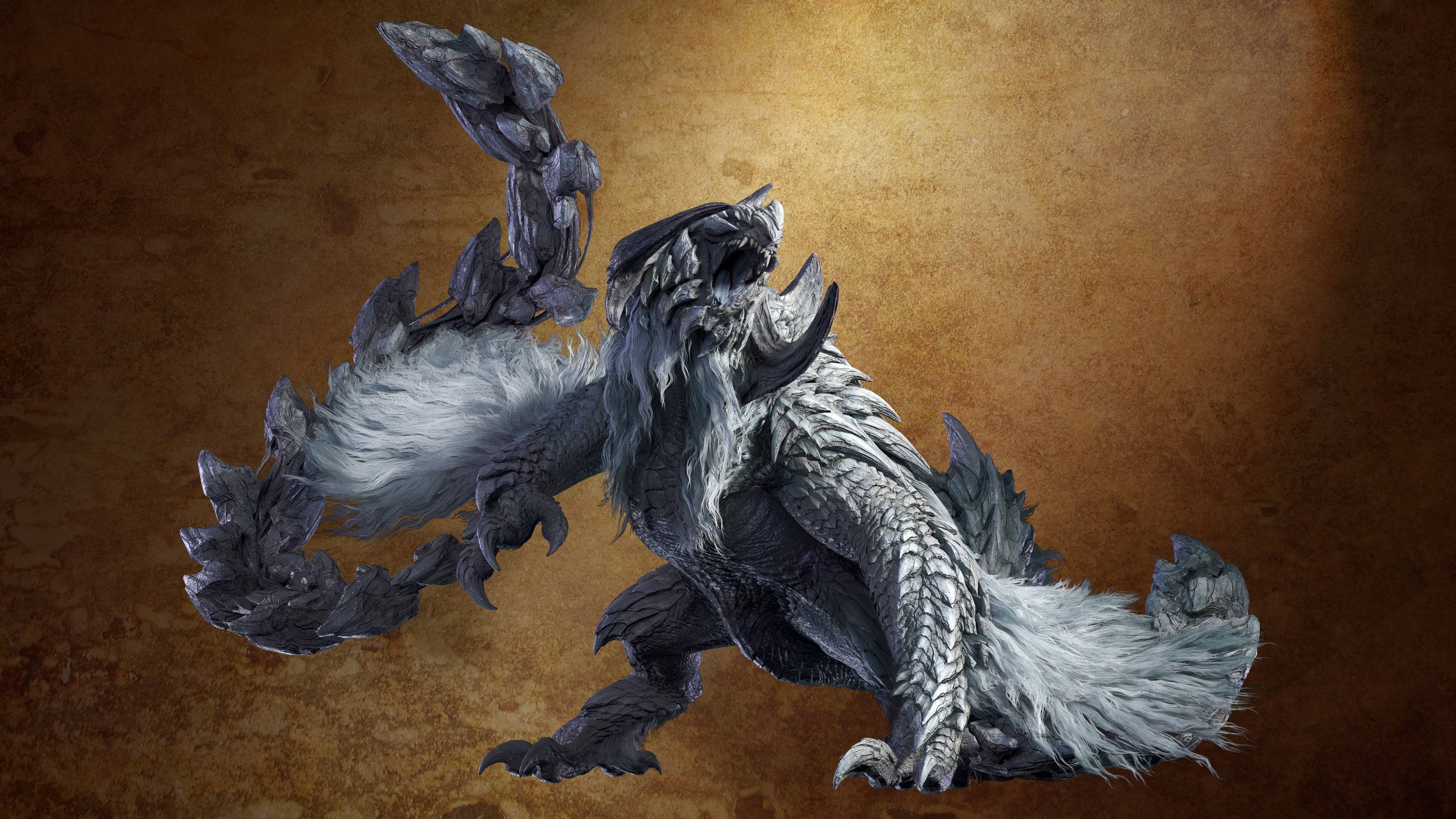
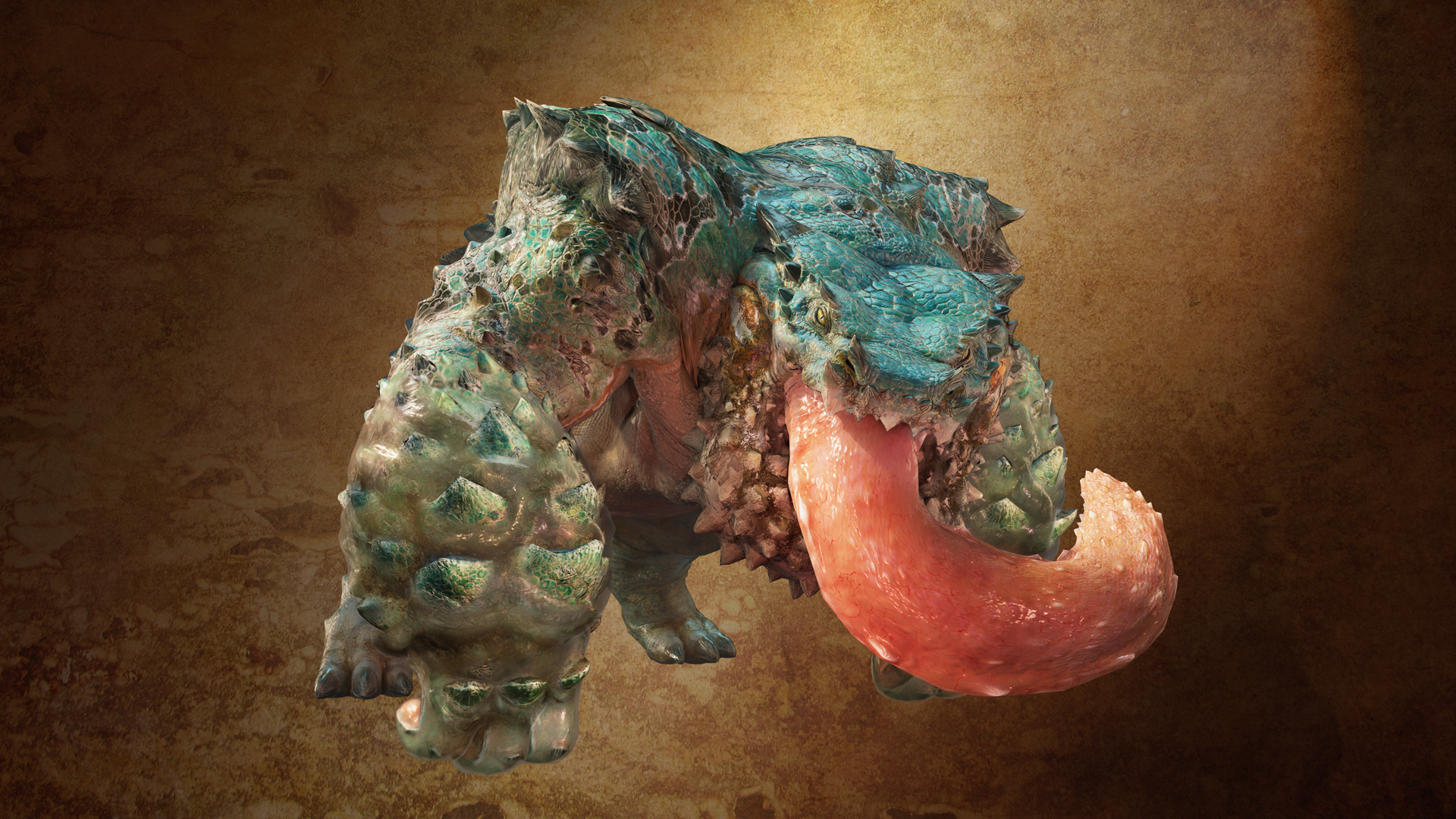 20 Images
20 Images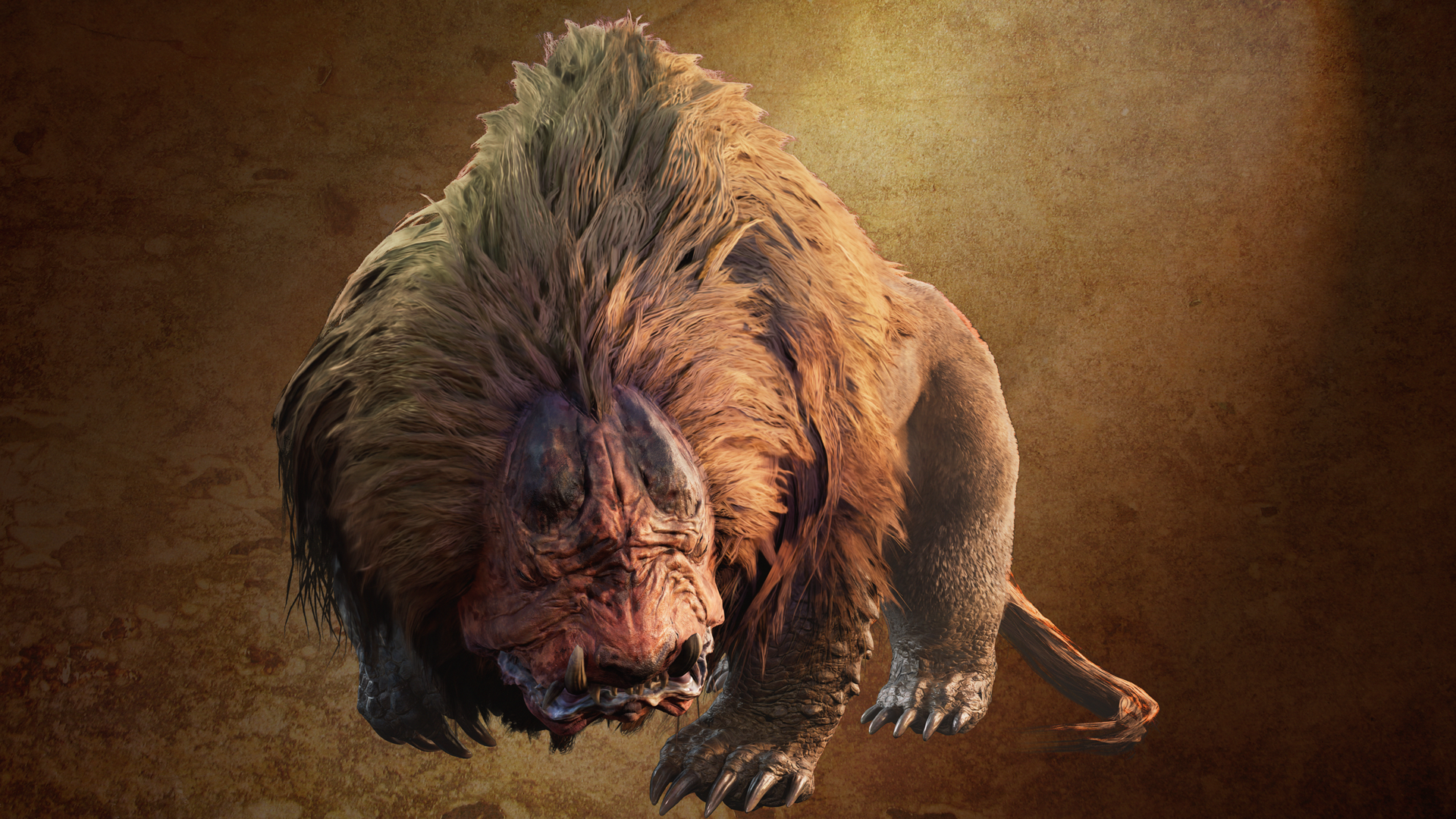
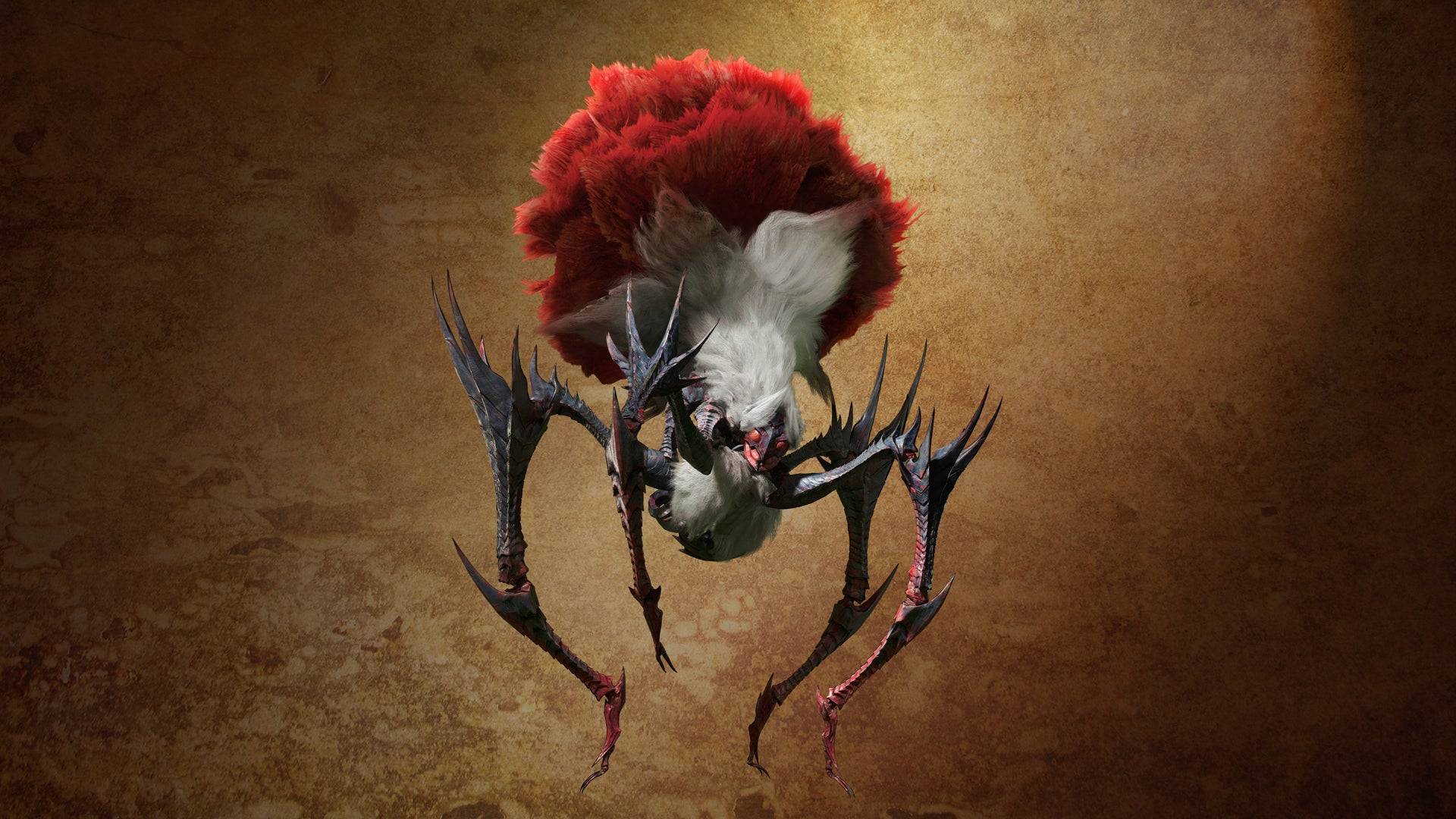
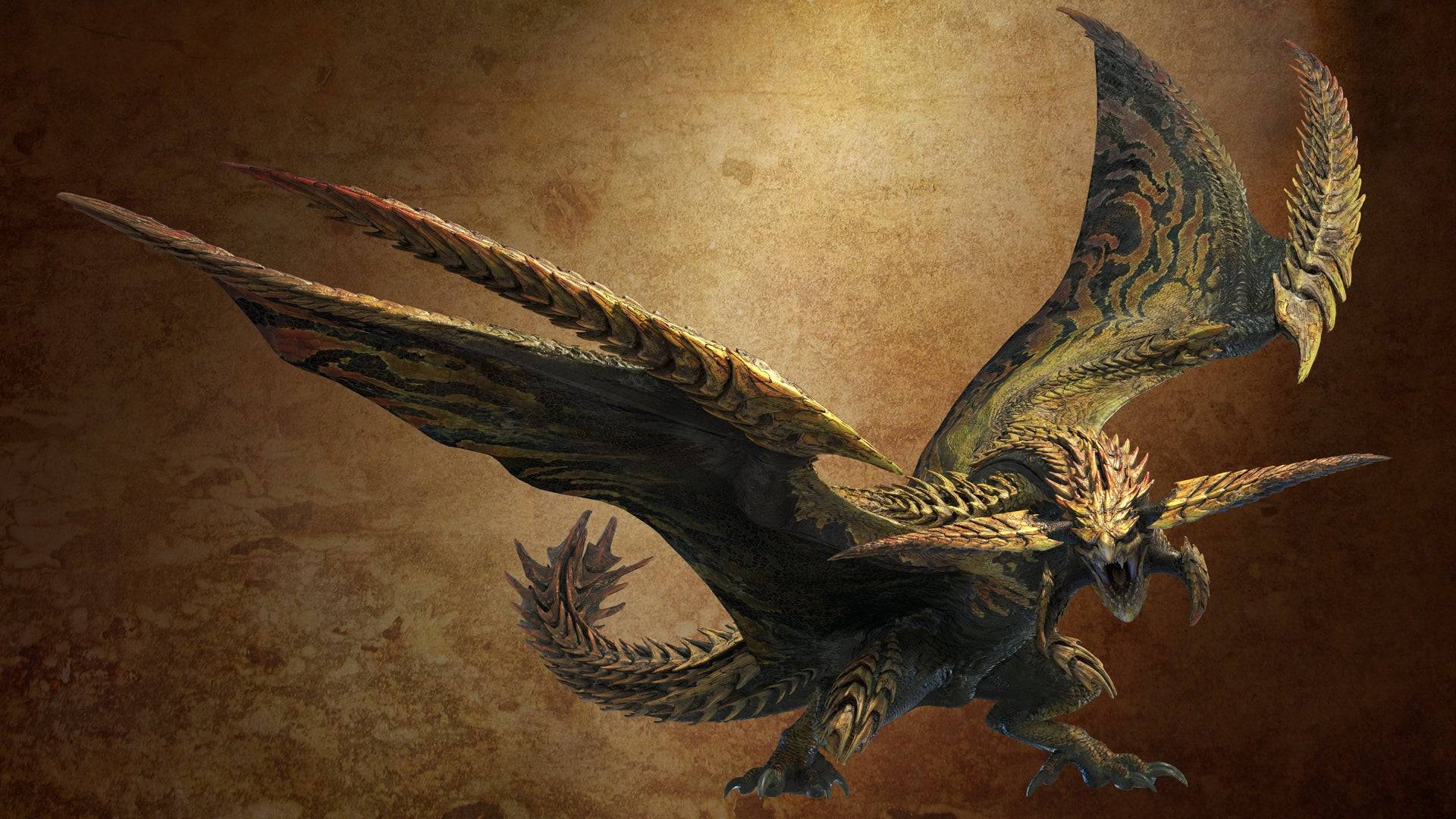
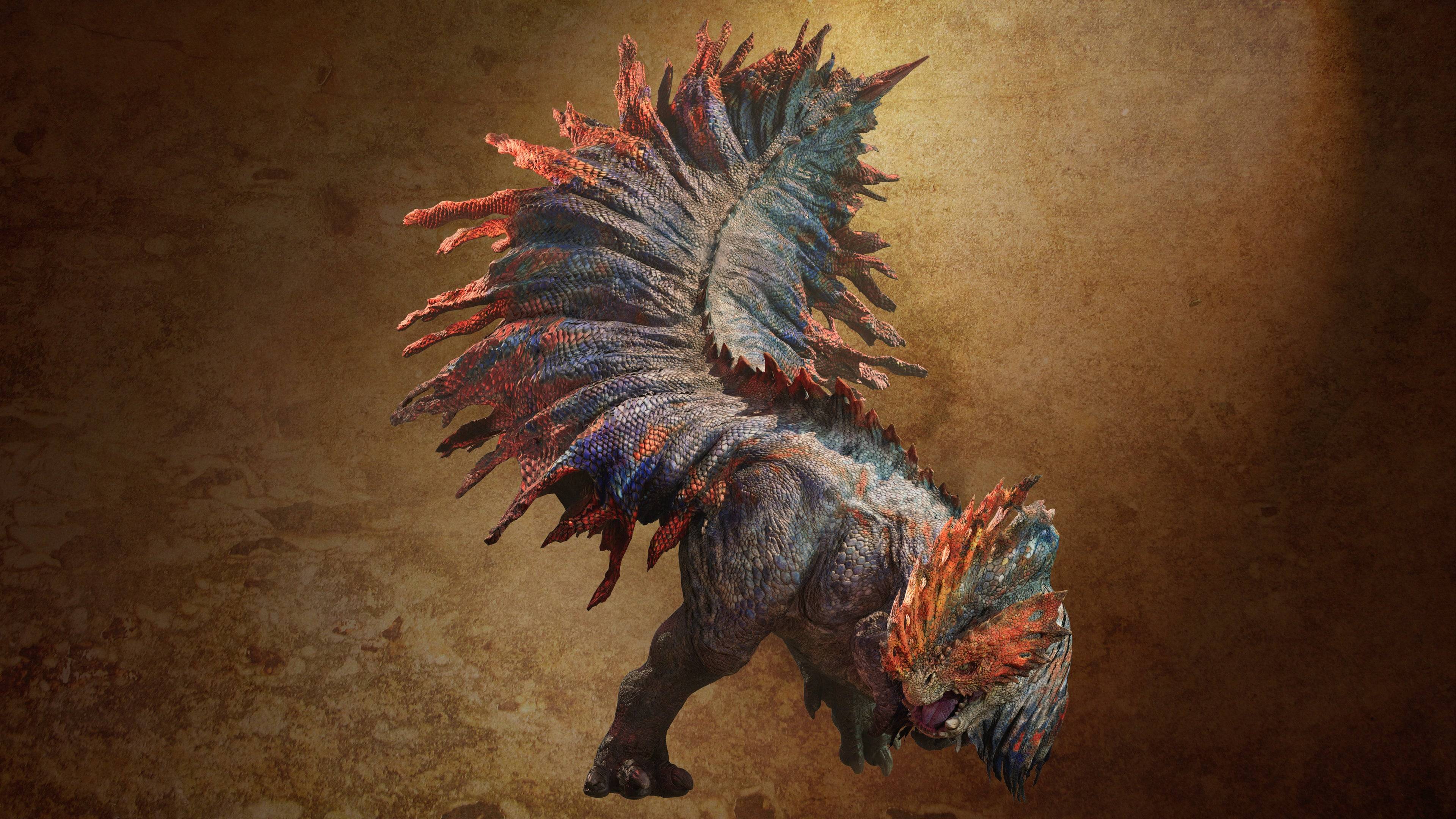
Users are already reporting improved performance in the benchmark compared to the beta test, particularly with Frame Generation enabled. However, running the game on a Steam Deck remains challenging; while my gaming rig passed the test with flying colors, my attempt on the Deck yielded less promising results.
Another notable change is the reduced storage requirement. Initially, Monster Hunter Wilds needed 140 GB of SSD space, but it's now down to 75 GB. This is quite surprising, given the general trend of increasing file sizes year over year.
For those eager to dive deeper into what Monster Hunter Wilds has to offer, be sure to check out our recent IGN First coverage. It features exciting battles with fearsome creatures like the apex monster Nu Udra, as well as our final hands-on impressions of Capcom's latest installment in the Monster Hunter series. Monster Hunter Wilds is set to launch on PlayStation 5, Xbox Series X and S, and PC on February 28, 2025.






